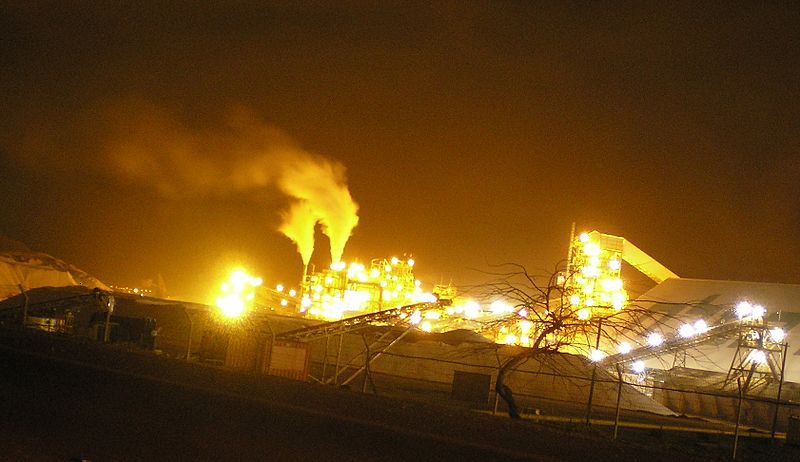Carbon prices reach new low with bureaucratic delay and oversupply
Carbon prices could fall below £4.70 per tonne with uncertainty surrounding the EU Commissions plans to solve the oversupply of permits in the market.

Carbon prices could fall below £4.70 per tonne with uncertainty surrounding the EU Commissions plans to solve the oversupply of permits in the market. It is now thought a decision won’t be made until after the August recess.
Currently prices of EU Allowances (EUAs) are hovering around record lows of €7, whilst Certified Emission Reduction credits (CERs), a UN backed permit scheme, has fallen to below €3. The prices are considered far too low, with €40 to €50 seen as the minimum necessary to create large scale investment in low carbon technology.
There have been calls in some quarters for a delayed sale in new allowances, which is sometimes known as ‘backloading’. Other possibilities would be to increase the carbon reduction targets for 2020 from 20 to 30 per cent, increasing demand for credits.
Connie Hedegaard, the EU climate change commissioner, is due to make an announcement on the scheme on Wednesday. Initially this helped shore up the market, with an expected promise to bring a 2013 review forward and an announcement on how to deal with the problem before the recess.
It now seems that the commissioner will not mention how many permits will be withheld, which will prevent analysts from determining the impact on carbon prices. This is key and will caused added uncertainty and an expected dip in the price of carbon.
The scheme has had a lot of criticism; the first phase from 2005-2007 saw massive over supply of credits, and saw a dip in the price of allowances to only 10c per tonne at its low point. The inclusion of aviation as part of the expansion of the scheme has caused widespread debate on how to include global industries into what is effectively a regional scheme.





